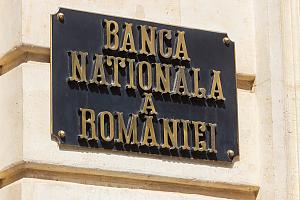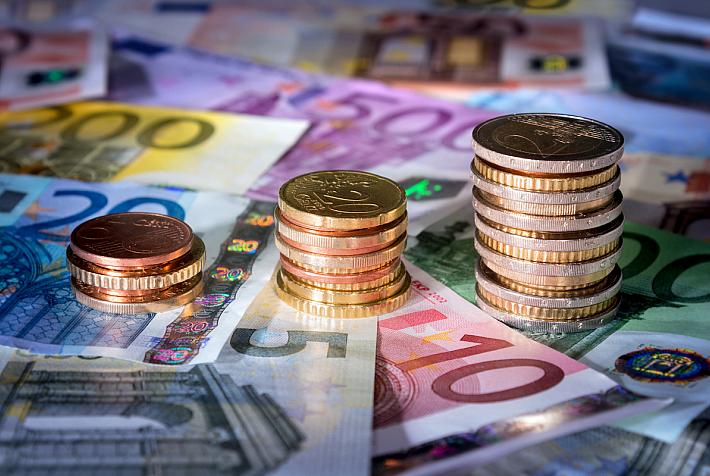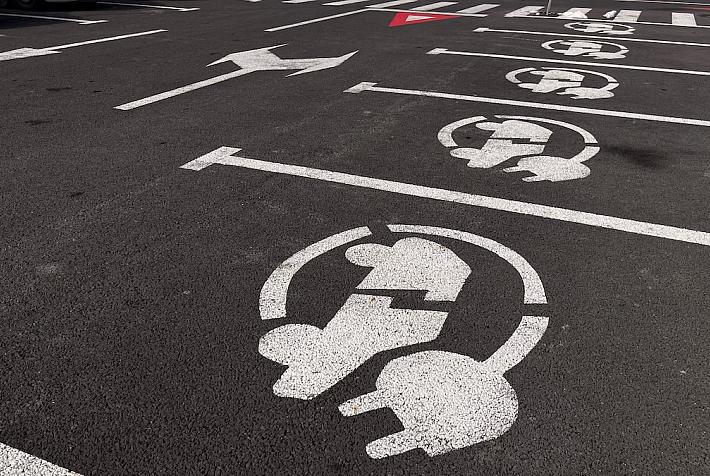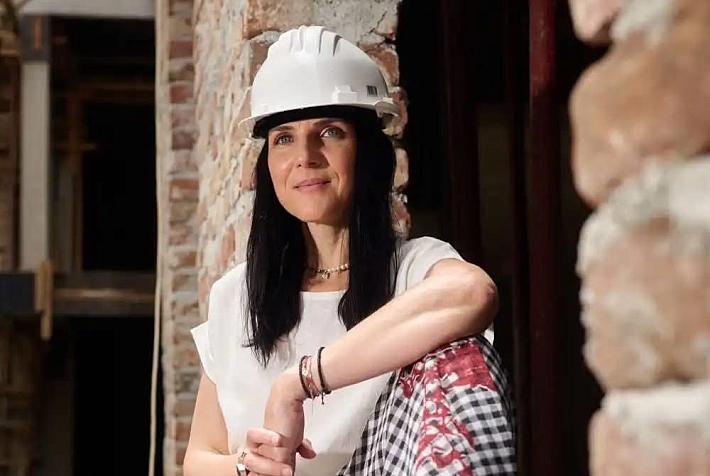Romania’s central bank decides new monetary policy rate cut to help economy recover from COVID-19
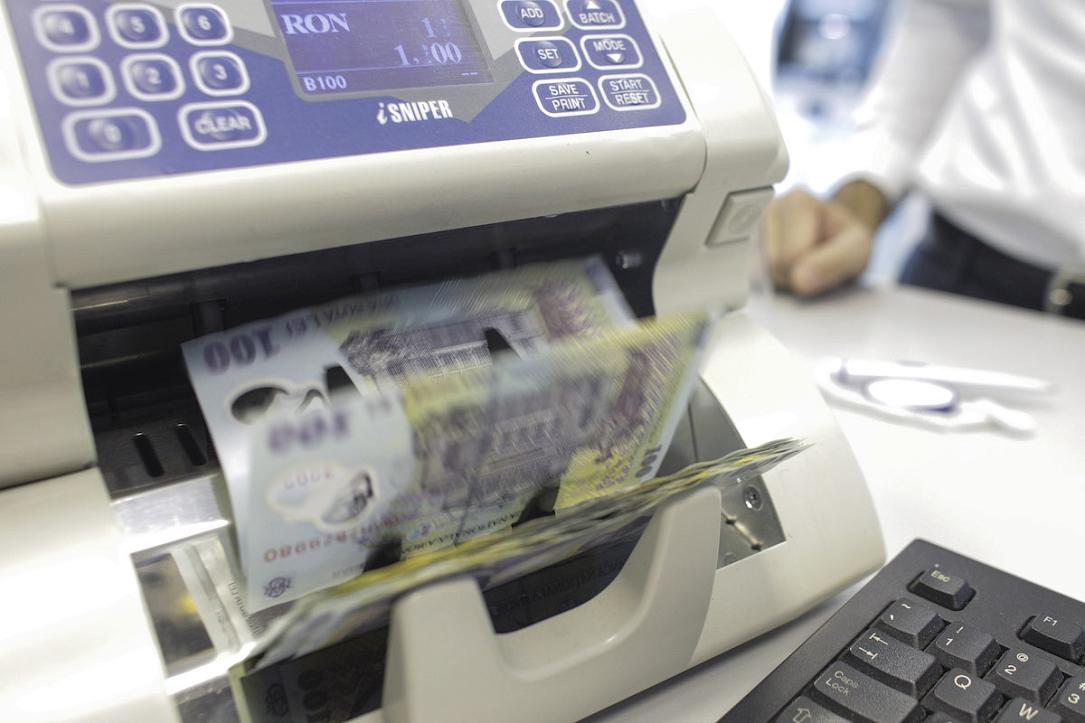
Romania’s National Bank (BNR) decided on Friday, May 29, to cut the monetary policy rate from 2% to 1.75% per year, starting June 2, 2020.
The central bank’s board also lowered the deposit facility rate from 1.5% to 1.25% per annum, and the lending (Lombard) facility rate from 2.5% to 2.25%. BNR will also continue to conduct repo transactions and purchase RON-denominated government securities on the secondary market to boost liquidity on the money market.
“The BNR Board decisions aim to ensure and preserve price stability over the medium term in a manner conducive to achieving sustainable economic growth and amid safeguarding financial stability,” the central bank said in a press release.
BNR thus continues its emergency response to the new financial crisis caused by the COVID-19 pandemic.
On March 20, the BNR Board adopted a package of measures aimed at mitigating the economic impact of the pandemic, but also at consolidating liquidity in the banking system to ensure the smooth functioning of the money market and other financial market segments, as well as the smooth financing of the real economy and public sector. The package included a cut in the monetary policy rate by 0.5 percentage points to 2% per year. It also decided that the BNR should conduct repo transactions for providing liquidity to credit institutions, as well as purchases of RON-denominated government securities on the secondary market.
“On the domestic front, the severe economic impact of the coronavirus pandemic – likely to abruptly change the Romanian economy’s path in mid-2020 – began to reflect in the latest statistical data,” the BNR mentioned in its press release on May 29. It pointed out that the economic growth slowed down to 2.7% in the first quarter, from 4.3% in the last quarter of 2019 and that the current account deficit widened as the exports slowed down faster than the imports.
The central bank also noted that the annual CPI inflation rate remained unchanged in March at 3.05% and then fell to 2.68% in April (from 4.0% in December 2019). Behind the decline versus December 2019 stood disinflationary base effects and the plunge in the oil price, alongside the removal of the special excise duty on motor fuels.
“The uncertainty surrounding the inflation outlook is unusually elevated, given the unprecedented nature of such an economic shock domestically and internationally, implying an abrupt lockdown on businesses and sectors, but also consumer behavior shifts. Major sources of uncertainty are also the speed of economic recovery following the gradual removal of containment measures and the effectiveness of support programs and actions addressing companies and households,” the BNR said.
“On the domestic front, significant uncertainties relate to the fiscal and income policy stance, as well as to the functioning of the monetary transmission mechanism in the context of legislative initiatives targeting the banking system. Increased uncertainty and risks also stem from the euro area and world economy contraction and the international financial market developments amid the coronavirus pandemic crisis,” the central bank added.
editor@romania-insider.com
(Photo source: Inquam Photos / Octav Ganea)







